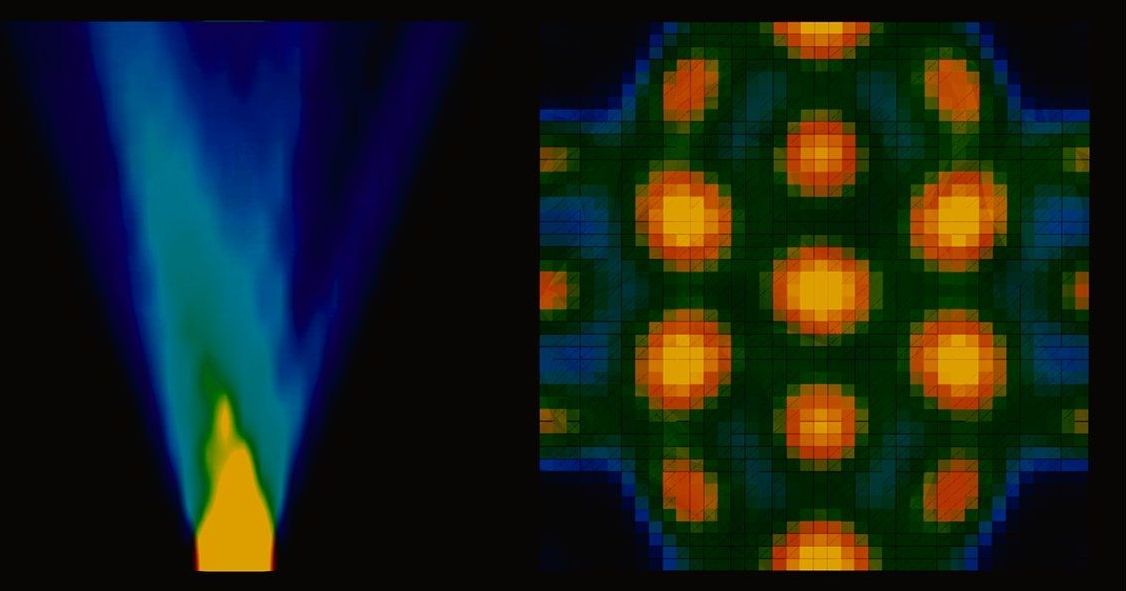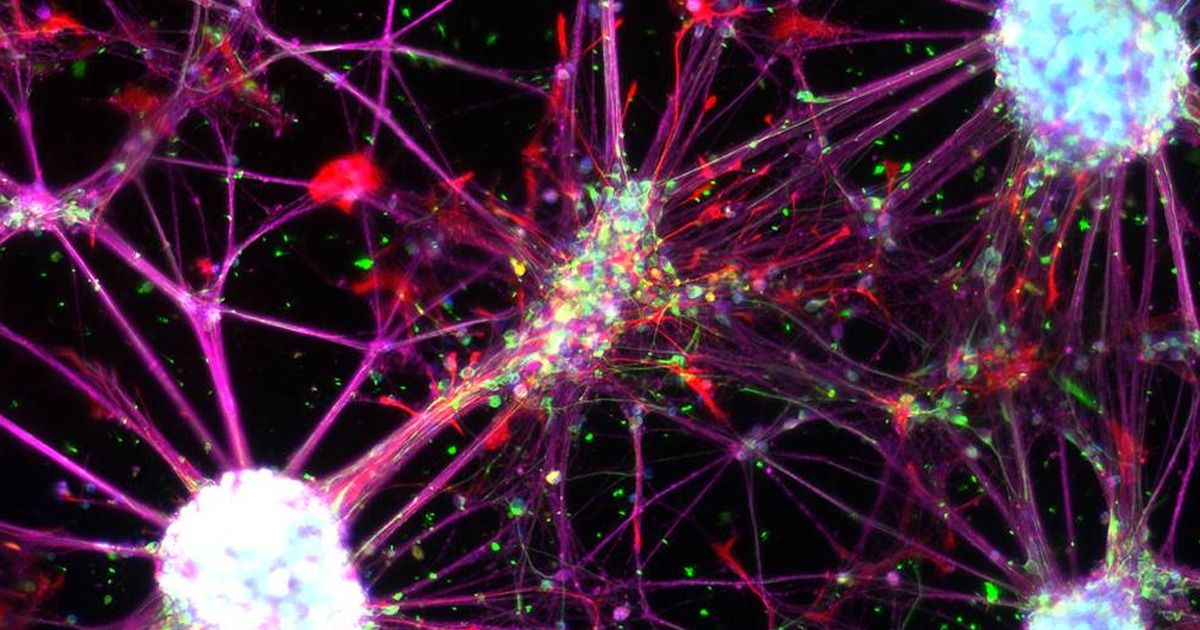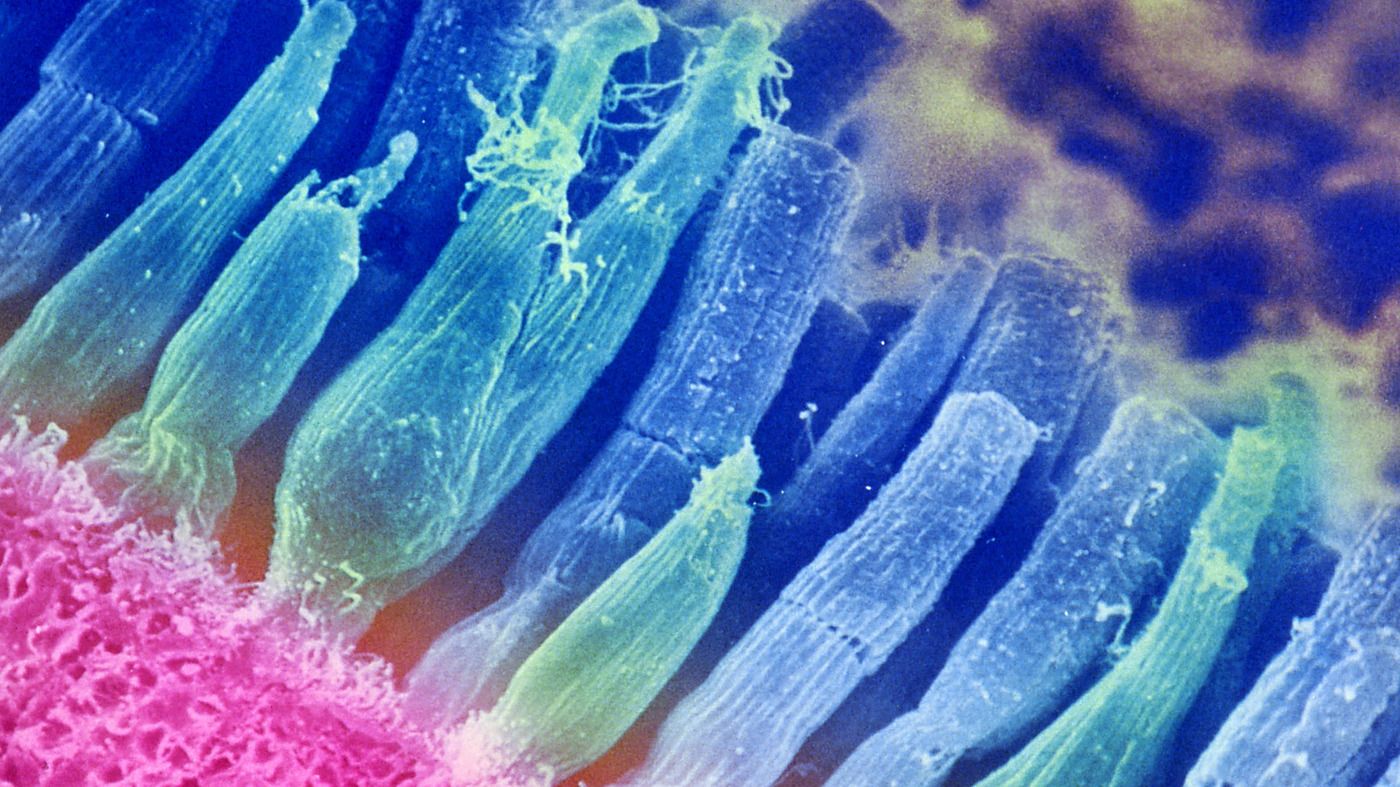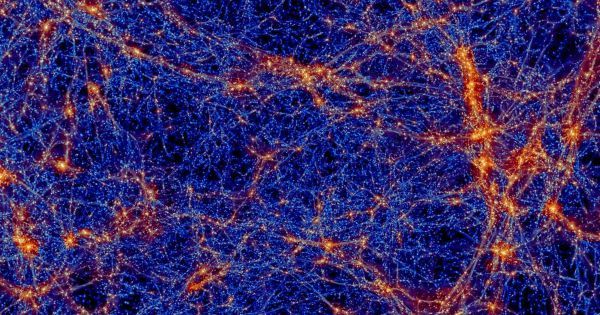
These days, movies and video games render increasingly realistic 3D images on 2-D screens, giving viewers the illusion of gazing into another world. For many physicists, though, keeping things flat is far more interesting.
One reason is that flat landscapes can unlock new movement patterns in the quantum world of atoms and electrons. For instance, shedding the third dimension enables an entirely new class of particles to emerge—particles that that don’t fit neatly into the two classes, bosons and fermions, provided by nature. These new particles, known as anyons, change in novel ways when they swap places, a feat that could one day power a special breed of quantum computer.
But anyons and the conditions that produce them have been exceedingly hard to spot in experiments. In a pair of papers published this week in Physical Review Letters, JQI Fellow Alexey Gorshkov and several collaborators proposed new ways of studying this unusual flat physics, suggesting that small numbers of constrained atoms could act as stand-ins for the finicky electrons first predicted to exhibit low-dimensional quirks.
Read more


















